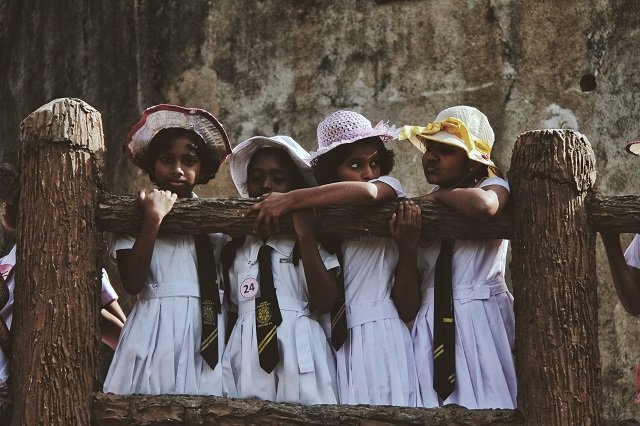Questions over Sri Lanka’s law enforcement and judiciary have repeatedly cropped up during the conflict and after it on issues of accountability, but with mixed results.
Editorial: Daily Financial Times, Colombo
An independent and impartial judiciary is one of the cornerstones of a democracy. It is therefore deeply disturbing that the law enforcement and Judiciary are in danger of being discredited and side-lined due to political expediency, as seen over the past few days.

It is vitally important in a democracy that law enforcement authorities, individual judges, and the Judiciary as a whole, are impartial and independent of all external pressures and of each other, so that those who appear before them and the wider public can have confidence that their cases will be decided fairly and in accordance with the law.
When carrying out their judicial function, they must be free of any improper influence. Such influence could come from any number of sources. It could arise from improper pressure by the Executive or the Legislature, by individual litigants, particular pressure groups, self-interest or other judges, in particular more senior judges. Sri Lanka’s record on independent law enforcement and judiciary has been a lacklustre one for decades. Even when the 17th Amendment to the Constitution was introduced to assist the Judiciary to become independent, it was not fully utilised by the highest members of Government. In addition there have been instances when even a former Chief Justice has acknowledged he did not carry out his duties impartially.
Questions over Sri Lanka’s law enforcement and judiciary have repeatedly cropped up during the conflict and after it on issues of accountability, but with mixed results. One important step forward was the 19th Amendment, which under the Constitutional Council provides a balance to appointments that could be made solely by the Executive, and the Judicial Services Commission that can intervene in some instances to support due process. In 2016 UN Special Rapporteur on the Independence of Judges and Lawyers Mónica Pinto visited Sri Lanka, and in her report delivered subsequently to the UN Human Rights Council outlined a set of recommendations that the Government would do well to consider, if it is serious about improving the independence of law enforcement and the Judiciary. In the recommendations, Pinto said the Constitution should clearly and expressly recognise the fundamental principle of the separation of powers, establish checks and balances, and guarantee the independence of the Judiciary and the Courts, as well as of the legal profession.
The report also said the Constitutional Council should set out and publish its rules of procedures, including the criteria used to evaluate candidates’ suitability for a given position, which should be scrupulously and consistently applied. The selection and appointment of judges of both superior and first instance courts should be transparent at all stages, and follow clear recruitment criteria, including technical requirements. Proper evaluation systems should also be established and published.
The legality of investigations should be closely monitored through effective judicial oversight. This means the Attorney-General should issue clear and proper guidelines for the investigation of crimes and the prosecution of perpetrators, including victim-oriented protocols that respect women’s and children’s rights. Specific guidelines should be developed for the effective investigation of gross violations of international human rights law and serious violations of international humanitarian law, and for the prosecution of perpetrators of such crimes.
Without these and many other safeguards, judges and law enforcement will not be seen as independent and impartial. The fate of the Sri Lankan State will only continue to decline unless reforms are implemented. Justice must not only be done – it must be seen to be done.















Post a Comment